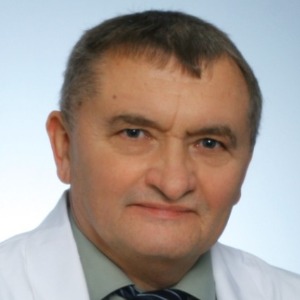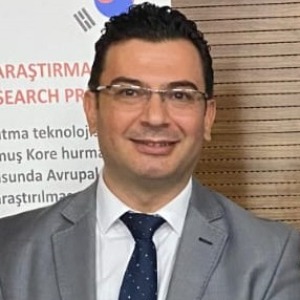Psychobiotics
Psychobiotics are a type of probiotic that has been shown to improve people's mental health. Their ability to produce or encourage the creation of neurotransmitters, short-chain fatty acids, enteroendocrine hormones, and anti-inflammatory cytokines sets them apart from traditional probiotics. Psychobiotics have a wide range of applications due to this potential, ranging from mood and stress relief to being used as an adjuvant in the treatment of various neurodevelopment and neurodegenerative disorders. Psychobiotics is a word used in preliminary research to refer to live bacteria that, when taken in proper numbers, may have a positive effect on the host organism's microbiome, potentially improving mental health. The processes by which microorganisms exert their psychobiotic potential are still to be fully understood. However, it has been discovered that these bacteria benefit mostly through the hypothalamic-pituitary-adrenal (HPA) axis, immunological response and inflammation, and neurohormone and neurotransmitter synthesis.
- Psychobiotics and Mental Health
- Antidepressants
- Probiotics for the Brain

Dipak P Ramji
Cardiff University, United Kingdom
Jason Ryan
Sacco System, Australia
Giuseppinella Melita
University of Study Messina, Italy
David Pineda Ereno
DPE International Consulting, Belgium
Henning Sommermeyer
Calisia University, Poland
Jacek Piatek
Calisia University, Poland




Title : Overcoming manufacturing challenges in next-generation probiotics: From anaerobic cultivation to clinical-grade formulation
Jason Ryan, Sacco System, Australia
Title : Molecular mechanisms underlying the anti-atherogenic actions of probiotics
Dipak P Ramji, Cardiff University, United Kingdom
Title : Global regulatory trends on the use of probiotics and prebiotics in foods and food supplements
David Pineda Ereno, DPE International Consulting, Belgium
Title : Probiotics, prebiotics and symbiotics in inflammatory bowel diseases: State-of-the-art and new insights
Giuseppinella Melita, University of Study Messina, Italy
Title : Treating irritable bowel syndrome patients with a balanced multi-strain synbiotic–results from a multi-center, randomized, double-blind, placebo-controlled clinical trial (the ViIBS trial)
Henning Sommermeyer, Calisia University, Poland
Title : Potential for prebiotic food supplement production from by-products of dried persimmon (Diospyros kaki)
Yasin Ozdemir, Ataturk Horticultural Central Research Institute, Turkey